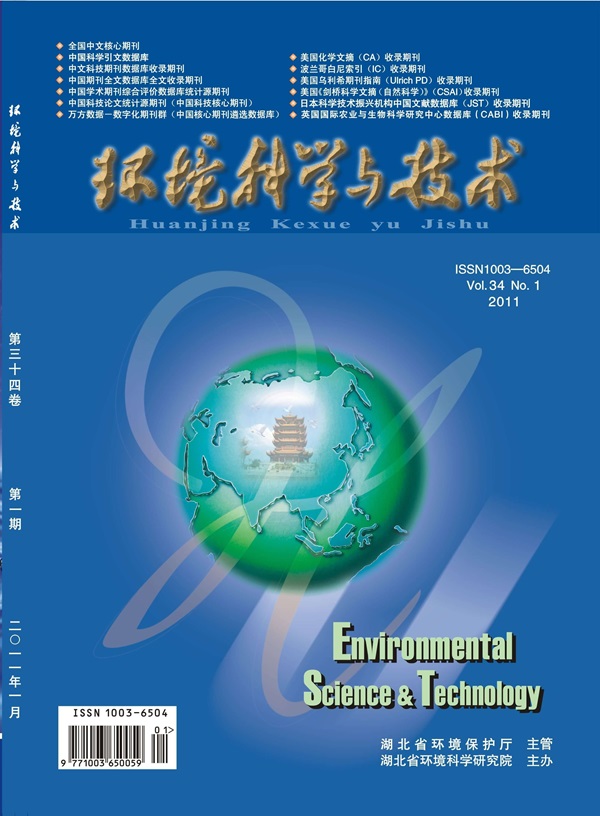IF 10.8
1区 环境科学与生态学
Q1 ENGINEERING, ENVIRONMENTAL
引用次数: 0
摘要
共价有机框架(COFs)是通过共价连接有机配体而获得的多孔晶体材料。它们具有高比表面积和可调节的孔径,是二氧化碳捕获、甲烷储存、气体分离、催化等一系列应用的理想材料。传统的材料研究方法主要依赖人工实验,效率不高,而随着计算机科学的发展,基于分子模拟的高通量计算筛选方法已成为材料发现的关键,但这些方法面临计算资源和时间的限制。目前,机器学习(ML)已成为许多领域的变革性工具,能够分析大型数据集、识别潜在模式并高效准确地预测材料性能。这种方法被称为 "材料基因组学",它将高通量计算筛选与 ML 结合起来,预测和设计高性能材料,与传统方法相比,大大加快了材料的发现过程。本综述讨论了 ML 在 COF 筛选、设计和性能预测中的功能,并重点介绍了其在 CO2 捕获、CH4 储存、气体分离和催化等各个领域的应用,从而提供了新的研究方向,加深了对 COF 材料及其应用的理解。本文章由计算机程序翻译,如有差异,请以英文原文为准。

Machine Learning Accelerated Discovery of Covalent Organic Frameworks for Environmental and Energy Applications
Covalent organic frameworks (COFs) are porous crystalline materials obtained by linking organic ligands covalently. Their high surface area and adjustable pore sizes make them ideal for a range of applications, including CO2 capture, CH4 storage, gas separation, catalysis, etc. Traditional methods of material research, which mainly rely on manual experimentation, are not particularly efficient, while with advancements in computer science, high-throughput computational screening methods based on molecular simulation have become crucial in material discovery, yet they face limitations in terms of computational resources and time. Currently, machine learning (ML) has emerged as a transformative tool in many fields, capable of analyzing large data sets, identifying underlying patterns, and predicting material performance efficiently and accurately. This approach, termed “materials genomics”, combines high-throughput computational screening with ML to predict and design high-performance materials, significantly speeding up the discovery process compared to traditional methods. This review discusses the functions of ML in the screening, design, and performance prediction of COFs and highlights their applications across various domains like CO2 capture, CH4 storage, gas separation, and catalysis, thereby providing new research directions and enhancing the understanding of COF materials and their applications.
求助全文
通过发布文献求助,成功后即可免费获取论文全文。
去求助
来源期刊

环境科学与技术
环境科学-工程:环境
CiteScore
17.50
自引率
9.60%
发文量
12359
审稿时长
2.8 months
期刊介绍:
Environmental Science & Technology (ES&T) is a co-sponsored academic and technical magazine by the Hubei Provincial Environmental Protection Bureau and the Hubei Provincial Academy of Environmental Sciences.
Environmental Science & Technology (ES&T) holds the status of Chinese core journals, scientific papers source journals of China, Chinese Science Citation Database source journals, and Chinese Academic Journal Comprehensive Evaluation Database source journals. This publication focuses on the academic field of environmental protection, featuring articles related to environmental protection and technical advancements.
 求助内容:
求助内容: 应助结果提醒方式:
应助结果提醒方式:


